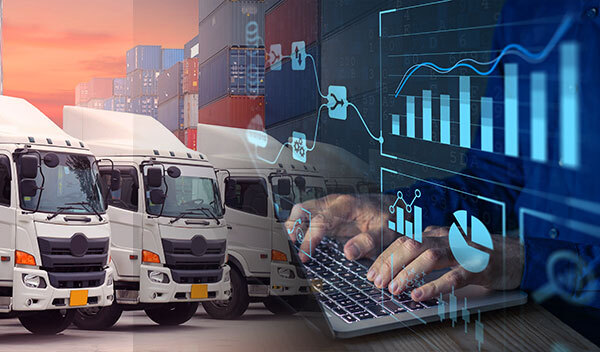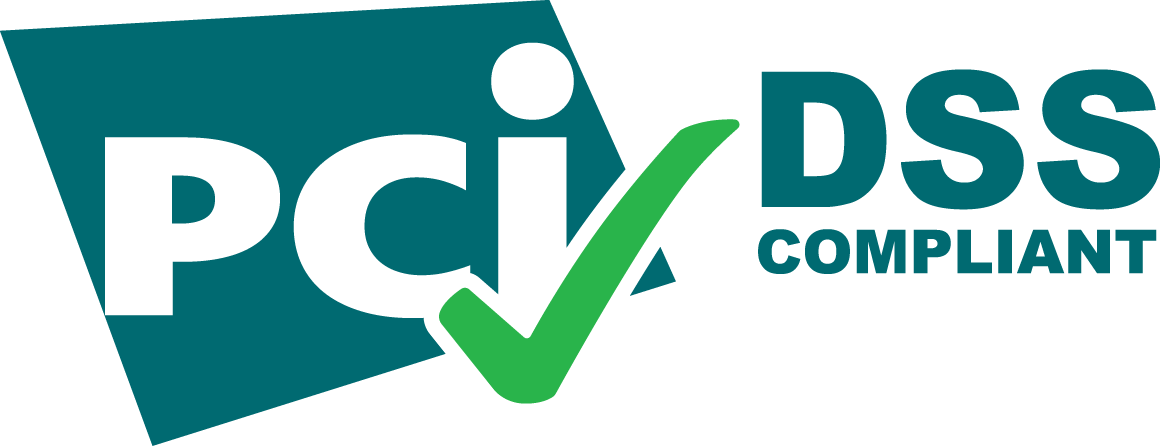As we enter the second quarter of 2023, we cannot help but contemplate what is likely to happen in the trucking industry in the rest of the year to come. It’s hard to predict what the year is going to be like for the trucking industry but we can still give it a try. Shouldn’t we?
We can never be certain about what the trucking industry has in store for us in the upcoming year. Despite several trucking trends making a swift entry into the market, it is hard to know where the industry is going to stand in the future.
We have experienced a shift from a time when aerodynamics, low-rolling resistance tires, and smaller displacement engines were highly valued, to a time where we discuss zero-emission and battery-electric trucks, significant infrastructure changes, airborne robot package deliveries, and autonomous freight-carrying trucks that can traverse the continent without a human operator.
Thanks to advanced technology such as AI and robust transportation management systems (TMS), trucking companies in the US have been able to thrive as long as they were able to automate their operations, streamline and simplify complex business processes, and increase the bottom line.
Nevertheless, there can never be an end to the latest developments in the trucking industry. In this blog post, we shall discuss the top 3 game-changing developments that are likely to transform the industry.
Top 3 Game-Changing Developments to Transform Trucking
As we mentioned above, the trucking industry has witnessed a couple of developments in the last few years, all thanks to advanced technology. Let’s discuss the top 3 game-changing trends that are likely to transform the industry in the year to come.
The Infrastructure Bill—An Economic Boost for North American Trucking
While our focus is on trucking technology rather than legislative or economic matters, we still believe that it is important to consider their impact on the industry. This is especially true for the upcoming year as there are definite implications for the technological side of trucking.
Although the Biden Administration's infrastructure bill did not yield much progress last year, its passage in late 2021 means that significant federal funding should enter the pipeline by the second quarter of 2023.
The positive effects of this investment in national infrastructure will be felt across various aspects of our lives and the economy, as seen throughout history. This bill will result in more trucks being sold and goods being transported, which will ultimately benefit trucking OEMs by increasing profitability and allowing for risk-free investments in advanced technology.
Therefore, the infrastructure bill is a positive development for the trucking industry, the economy, the country, and our future.
Liquid-Fuel Hydrogen/Ethanol Engines—Game Changer
The surprise announcement that engine OEMs, including ClearFlame and Cummins, are developing internal combustion truck engines capable of using zero-emissions fuels like liquid hydrogen, renewable fuels, or ethanol and delivering the same performance as diesel engines was, in our opinion, the most significant truck-tech story of the year.
This development could have a major impact on the current technology trends in trucking. A year ago, it was widely believed that the internal combustion engine was on its way out, and battery-electric and hydrogen-fuel-cell vehicles were the future of truck powertrains.
However, this news challenges that notion, at least for long-haul applications. It will take around five years to fully understand the potential impact of this new technology, not only on trucking but also on society.
While we wait for more information on this new ICE technology, we can anticipate its promising potential, and we can expect to see the first new ZEV ICEs hit the market soon.
Electric Trucks Are Here to Stay
As previously stated and reiterated, we are of the opinion that electric trucks will prove to be successful in certain applications, particularly in urban and local areas where the limited range is not a major concern.
The performance of electric trucks in full-fledged fleet operations has been mostly satisfactory, but the obstacles of high acquisition costs and inadequate infrastructure continue to hinder their widespread adoption.
As we move further into 2023, we will be keeping a close eye on any progress made in these areas to better understand when and how electric trucks will enter the market. However, we anticipate that it will still take a couple of years before we see the significant deployment of electric trucks in fleets.
New TMS Features Adding Value and Improving ROI
Transportation Management Systems (TMS) are software platforms that help trucking companies manage their logistics operations, including dispatching, routing, and tracking shipments.
Over the years, TMS systems have evolved and now offer advanced features that can help trucking companies add value for their customers and improve their return on investment (ROI).
Here are some ways in which new advanced features in TMS systems are helping trucking companies:
Real-time tracking: TMS systems with real-time tracking allow customers to track their shipments in real-time, giving them greater visibility and control over their goods' movement.
This feature helps to enhance customer satisfaction and trust, as they can be assured of their shipment's status and estimated arrival time. It also helps trucking companies to optimize their routes, reduce delays and improve delivery times, which in turn boosts their ROI.
Automated freight audit and payment: Advanced TMS systems have integrated modules for automated freight audit and payment, which helps to streamline billing and invoicing processes.
This feature eliminates the need for manual data entry and minimizes the risk of billing errors, reducing disputes and delays in payments. It also saves time and resources for trucking companies, enabling them to focus on other critical tasks and improve their ROI.
Intelligent analytics and reporting: TMS systems with advanced analytics and reporting features provide trucking companies with valuable insights into their operations. By analyzing data on freight movement, routes, fuel usage, and other parameters, companies can identify inefficiencies and bottlenecks in their logistics network.
This feature enables trucking companies to make data-driven decisions to optimize their operations, reduce costs, and improve their ROI.
Customizable solutions: Advanced TMS systems offer customization options to meet specific customer requirements. Trucking companies can tailor their services to meet their customers' unique needs, providing them with a competitive advantage.
This feature helps to enhance customer loyalty and retention, improving customer satisfaction, and increasing ROI for the company.
It is important to note that the trucking business has a secure future and this industry has a tendency to surprise. Let’s not forget that anything could happen in the next few months. Nevertheless, we are confident that this will be an interesting year, regardless of what unfolds.
About the Author: Sara Naveed
Sara Naveed is a creative and digital content writer who uses her creative skills to develop and edit professional web content. Being a writer has always been her dream. She earnestly hopes people appreciate her writing—an asset she deeply covets. Using her 8+ years of working experience, she writes for trucking industry experts who are always looking for better technological solutions to their problems.











